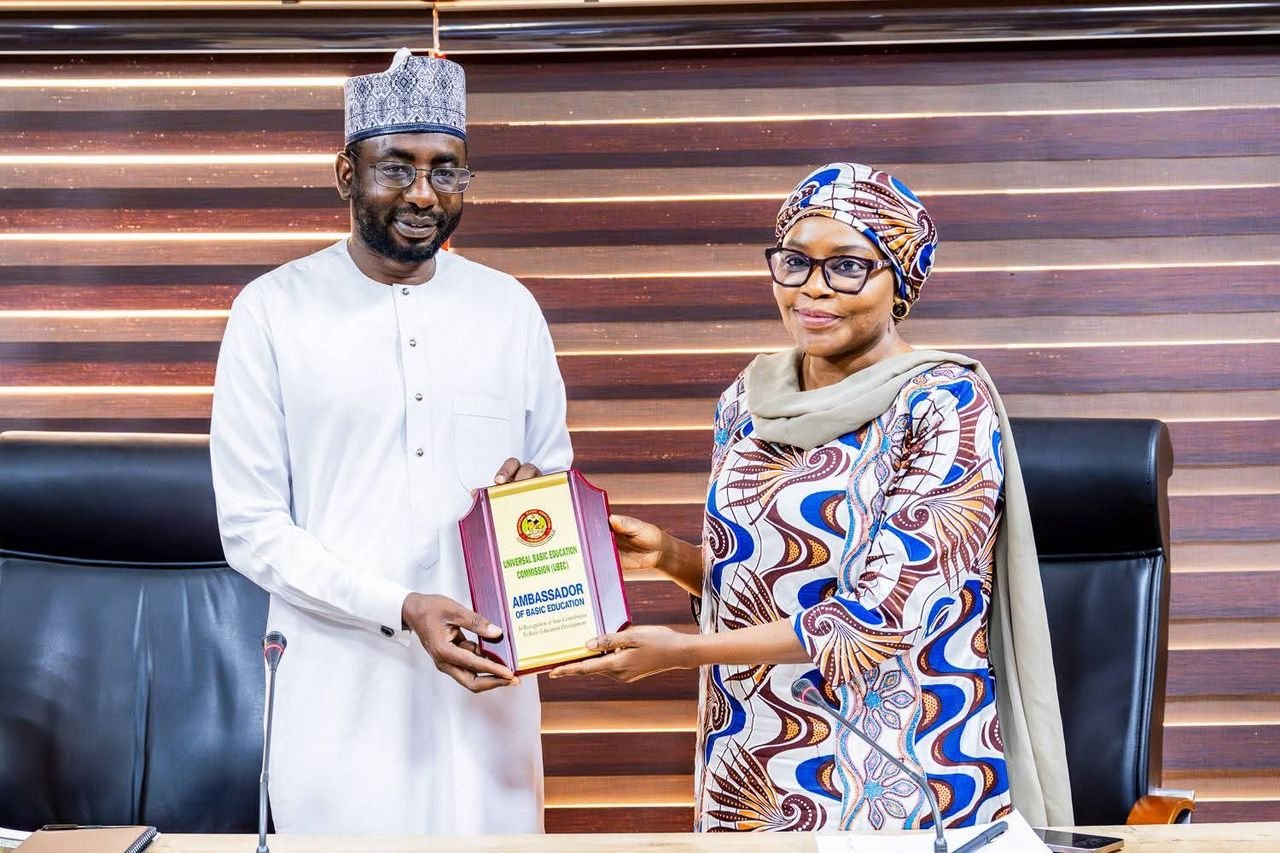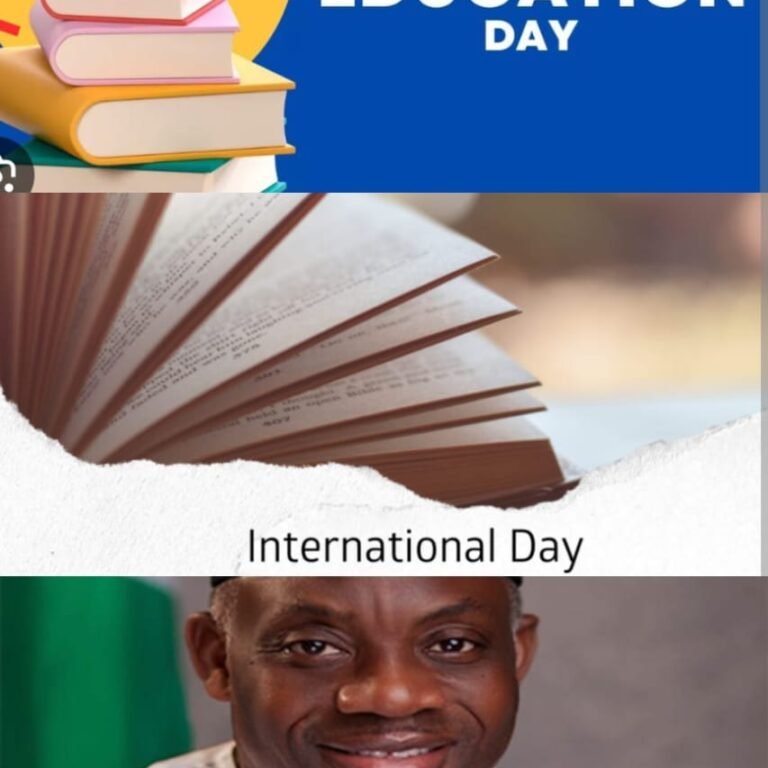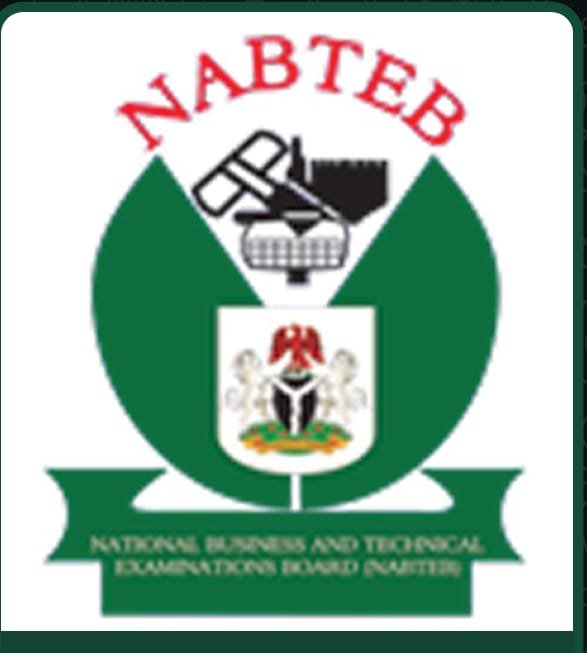
By Ishioma Appiah-Yeboah
In a bold step toward shaping Nigeria’s digital future, the National Information Technology Development Agency (NITDA) has reaffirmed its commitment to achieving 95% digital literacy across the country by 2030, with an intermediate target of 70% by 2027. This ambitious goal aligns with President Bola Ahmed Tinubu’s administration’s priority to drive inclusive economic growth through digitization, innovation, and industrialization.
Speaking during a strategic collaboration meeting hosted by the Universal Basic Education Commission (UBEC) in Abuja, NITDA Director General, Kashifu Inuwa, emphasized the importance of human capital development as a key pillar of the administration’s 8-point agenda.
“This journey began in 2023 with President Tinubu’s clear directive to diversify the economy and ensure inclusivity. Priority number seven of the agenda explicitly focuses on accelerating digitization, industrialization, creative arts, manufacturing, and innovation,” Inuwa noted.
National Digital Literacy Framework (NDLF)
To drive this transformation, NITDA has developed the National Digital Literacy Framework (NDLF), a strategic policy document designed to empower citizens with essential digital skills and align Nigeria with global best practices.
According to Inuwa, the framework incorporates six core competency areas:
Device and software operations
Information and data literacy
Communication and collaboration
Content creation
Digital safety
Problem-solving skills
The framework addresses all skill levels from basic to advanced, making it accessible to a broad spectrum of Nigerians, including primary school pupils, students, and working professionals.
Collaboration with Education Stakeholders
As part of implementation efforts, NITDA has partnered with the Nigerian Educational Research and Development Council (NERDC) to develop a comprehensive digital literacy curriculum intended for integration into Nigeria’s formal education system.
The initiative is also being championed in collaboration with the Federal Ministry of Education, National Universities Commission (NUC), and other education stakeholders to ensure a holistic and sustainable rollout nationwide.
To support teacher training and scalable learning, NITDA is working with global platforms like Coursera, leveraging AI-powered tools for lesson generation and online instruction.
“This is not a journey we can take alone,” Inuwa said. “It requires a whole-of-government and whole-of-society approach, with input and action from technology providers, development partners, education institutions, and state governments.”
UBEC’s Response and Commitment
In response, UBEC Executive Secretary, Dr. Aisha Garba, confirmed that the Commission has received and commenced review of the curriculum developed by NITDA and NERDC.
While commending the curriculum’s depth and innovation, she highlighted practical challenges, including curriculum overload, limited teacher capacity, and infrastructure deficits, especially in rural schools.
“We are committed to refining the curriculum for early learners, training teachers, and ensuring that implementation reflects the realities of our classrooms,” Garba stated.
“UBEC, in partnership with SUBEBs, will also work to equip schools with computers and solar-powered infrastructure to facilitate real learning.”
To ensure synergy and structured implementation, both agencies established a joint inter-agency committee tasked with developing strategic plans for the rollout of the digital literacy initiative. The committee will also oversee monitoring and evaluation, ensuring that Nigerian youths are equipped with the skills necessary to thrive in an increasingly digital global economy.
Broader Impact and Ongoing Initiatives
This national drive builds on earlier efforts, including NITDA’s 2024 partnership with Nasarawa State University and CISCO to launch the Digital Learning for NSUK (DL4NSUK) initiative, which aims to boost digital literacy in tertiary institutions and produce globally competitive graduates.
Despite data limitations, estimates from NITDA based on World Bank’s Better Life Report indicate that Nigeria’s digital literacy rate has improved from 44% in 2021 to approximately 50% in 2024. The goal is now set high, and the stakes even higher.
As Nigeria forges ahead in its digital transformation journey, the collaborative efforts between NITDA, UBEC, and other partners signal a clear resolve: to close the digital divide and prepare a new generation for the demands of a knowledge-driven future.









Sprunki Incredibox brings fresh beats and unique visuals to the beloved Incredibox formula. It’s a creative boost for music lovers. Check it out at Sprunki Incredibox!